Some photos of the team at the annual CIS Meeting in St. Louis Missouri.
Cooper lab at the CIS 2023 Annual Meeting
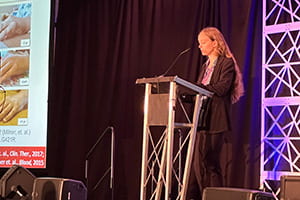

Some photos of the team at the annual CIS Meeting in St. Louis Missouri.
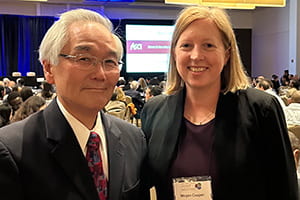
Photos of Megan’s induction into the American Society for Clinical Investigation.
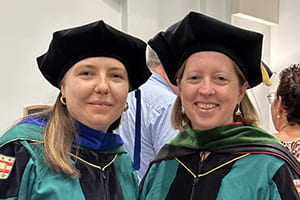
Some photos of the Dr. Cimpean’s hooding event.
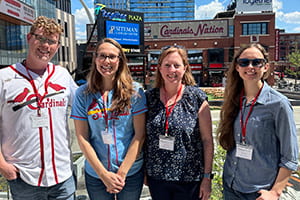
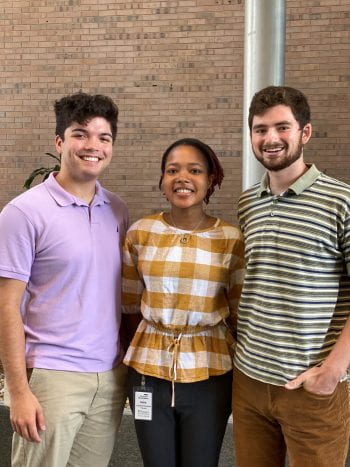
Jalalah Muhammed, Sammy Risma, and Nathan Schedler join the Cooper lab this summer! Welcome!
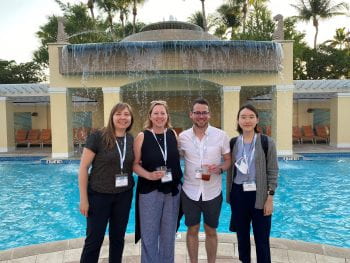
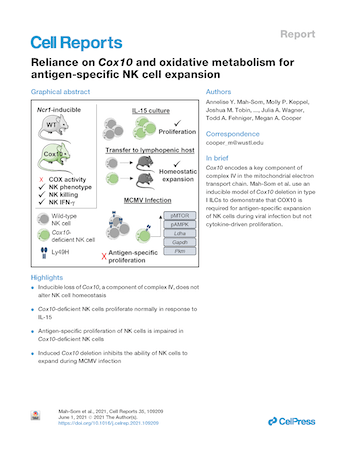
Cox10 encodes a key component of complex IV in the mitochondrial electron transport chain. Mah-Som et al. use an inducible model of Cox10 deletion in type I ILCs to demonstrate that COX10 is required for antigen-specific expansion of NK cells during viral infection but not cytokine-driven proliferation.
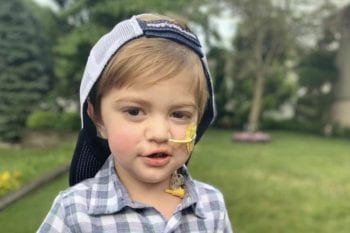
Check out the backstory on the brave patients and families that made Jahnavi’s May 2021 published study possible.
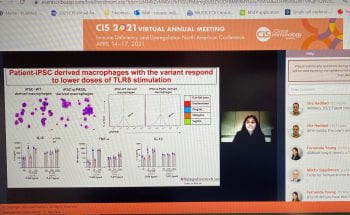
1) Jahnavi discusses the new #IEI associated with TLR8 at the Clinical Immunology Society 2021 Meeting!,
2) Erica presents interesting findings on Tregs in STAT3 Gain-of-function at CIS 2021!,
3) Kelsey presents her work on Th17s and STAT3 at the 2021 AAI meeting
and 4) Maria talks about how NK cells are primed by IL-15 at AAI 2021 meeting! Congratulations to all!
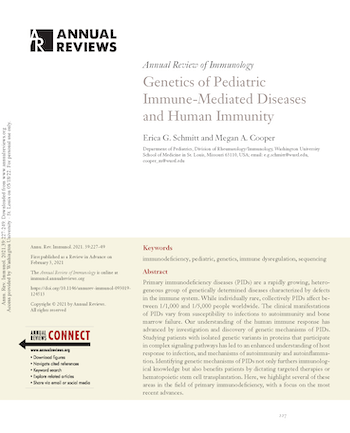
Primary immunodeficiency diseases (PIDs) are a rapidly growing, heterogeneous group of genetically determined diseases characterized by defects in the immune system. While individually rare, collectively PIDs affect between 1/1,000 and 1/5,000 people worldwide. The clinical manifestations of PIDs vary from susceptibility to infections to autoimmunity and bone marrow failure. Our understanding of the human immune response has advanced by investigation and discovery of genetic mechanisms of PIDs. Studying patients with isolated genetic variants in proteins that participate in complex signaling pathways has led to an enhanced understanding of host response to infection, and mechanisms of autoimmunity and autoinflammation. Identifying genetic mechanisms of PIDs not only furthers immunological knowledge but also benefits patients by dictating targeted therapies or hematopoietic stem cell transplantation. Here, we highlight several of these areas in the field of primary immunodeficiency, with a focus on the most recent advances.
Annelise graduates and moves to Boston where she will be an Internal Medicine resident! Congratulations Annelise!
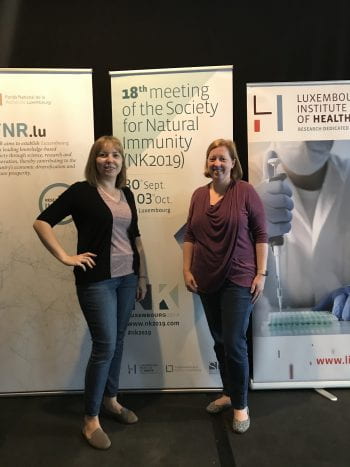
Megan and Maria travel to Luxembourg for the NK meeting and present work from the lab!
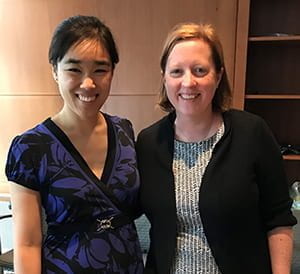
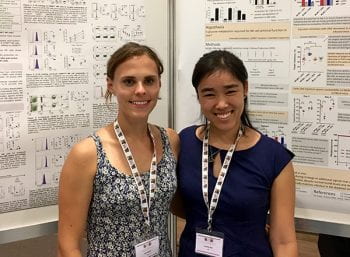
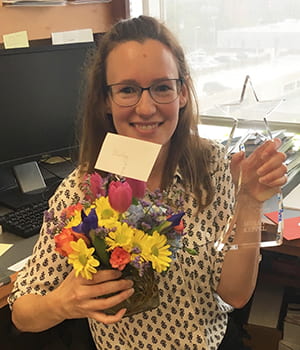
Molly receives the Shooting Star Award from the Department of Pediatrics for excellence in Research
Tiphanie graduates from fellowship and the lab and moves to Baylor to start her own research program!
Megan presents the laboratory’s work on STAT3 at the American College of Rheumatology Annual Meeting